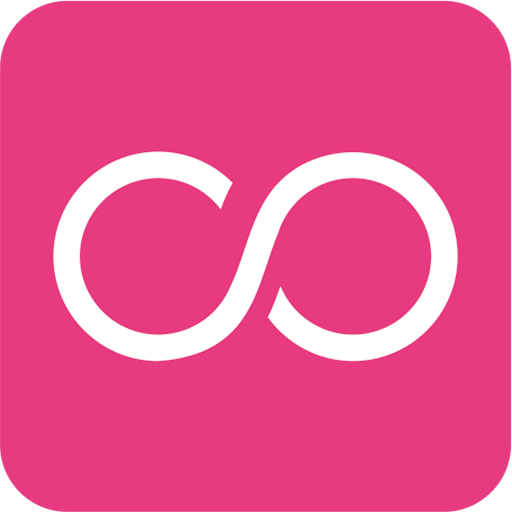Imagine you’re working on a big school paper or an important professional report. You’re short on time or just stuck on ideas. Then you find ChatGPT. It’s smart, it’s quick, and it gives you helpful responses. But here’s the big question: if you use ChatGPT to help you write, is that plagiarism?
What Is Plagiarism, Anyway?
Before we answer that, let’s talk about what plagiarism actually means. In simple words, plagiarism is using someone else’s work or ideas and pretending they’re your own.
It can include:
- Copying text from a book, article, or website without giving credit
- Using someone else’s idea without mentioning them
- Paying someone to write something for you and submitting it as yours
In school and in the workplace, plagiarism is a big deal. It can get you in trouble—like failing a class or losing a job.
Now Enter: ChatGPT
ChatGPT is not a person. It’s a machine, powered by artificial intelligence. It looks at your questions and gives you text that sounds human. It doesn’t copy directly from websites or books, but it does learn from lots of writing during its training.
This makes things confusing. You’re not copying from a person—but you’re also not writing it all yourself.

Can You Plagiarize an AI?
This is where things get tricky. Because technically, ChatGPT doesn’t have original thoughts. But if you just copy what it says and act like you wrote it with no changes, you’re still not being honest about where it came from. That’s where the term “AI-assisted plagiarism” comes in.
So… Is That Real Plagiarism?
Maybe yes, maybe no.
Different schools, teachers, employers, and organizations have different rules. Some say using AI is okay. Others say it’s cheating—even if you just used it to brainstorm ideas.
Here are some main ways people use ChatGPT and what they might mean when it comes to plagiarism:
1. Using ChatGPT for Inspiration
If you use ChatGPT to get ideas but then write everything yourself, that’s usually fine. It’s like asking a friend, “What should I write about?” and then doing all the work on your own.
2. Copying and Pasting Responses
Here’s where problems start. If you take the answer that ChatGPT gives you, copy it word-for-word, and turn it in as your own—that can definitely be seen as plagiarism.
3. Using ChatGPT to Reword or Rewrite
Some people use ChatGPT to rewrite sentences so they sound different. But even if the words change, if the ideas aren’t yours and you don’t give credit, it can still be considered plagiarism.
What Do Teachers and Companies Say?
More and more schools and businesses are setting rules about this. Some have banned ChatGPT. Others allow it with proper citation. That means if you use it, you have to say something like:
“This work was generated with the help of ChatGPT, an AI language model developed by OpenAI.”
Giving credit is always a good idea.
Tools Are Smart… But Not Perfect
There are also tools that check if something was written by AI. But they’re not always right. They might say your real writing is AI or miss something that actually is.
So don’t assume you can “beat the system.” These tools get better every day.
Is It Unethical?
Even if no one catches you, you need to ask yourself: Is this honest? If the answer is “no,” maybe rethink using that paragraph ChatGPT wrote for you word-by-word.
Let’s say you’re a doctor, a lawyer, or a student learning to become one. If you rely on AI instead of learning the real skills, you might struggle later when ChatGPT isn’t around to help.
How to Use ChatGPT Without Cheating
Good news! You can use ChatGPT the right way. Here are some tips for using it wisely and ethically:
- Use it like a helper, not a ghostwriter.
- Edit responses to make them sound like you.
- Double-check facts—it can make mistakes!
- Cite it if you use exact text or ideas.
If you’re ever unsure, just ask your teacher or boss if it’s okay to use it for your task.
A Helpful Comparison
Think of ChatGPT like a calculator. A calculator helps with math, but it doesn’t understand the numbers—it just gives you answers. If you only use it to do your homework, you might pass now but struggle later in tests where you can’t use one.
Same with ChatGPT. It can be a great learning tool, but it’s not a replacement for your own brain.
So, What’s the Final Word?
Using ChatGPT isn’t automatically plagiarism—but it can be, depending on how you use it.
Be honest. Be careful. Think before you click copy and paste. If you’re using ChatGPT to learn, grow, and create, you’re doing it right.
Quick Recap: When Using ChatGPT Is (and Isn’t) Plagiarism
- ✅ Good: Getting ideas, rewording your own writing, checking grammar, asking questions
- ❌ Bad: Copying full answers, pretending AI-wrote text is yours, submitting without edits or credit
Bottom line? Be smarter than the bot. Let it help you, but don’t let it do the work for you.
After all, your best writing comes from YOU.

